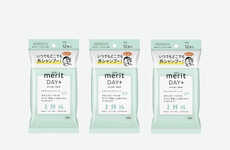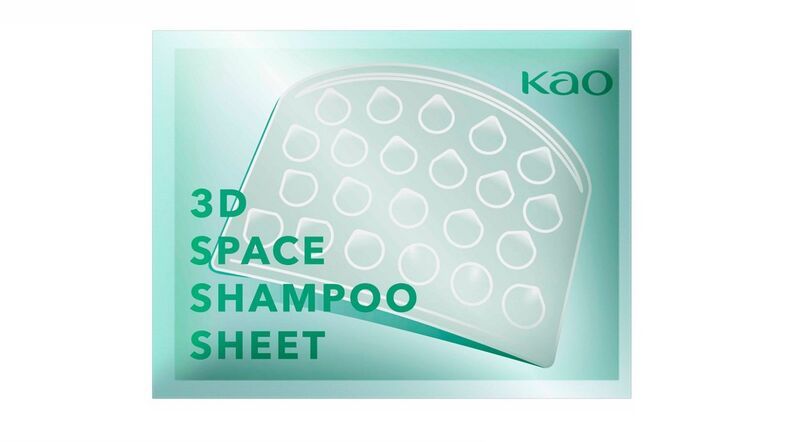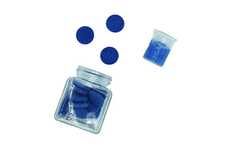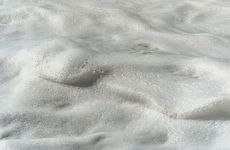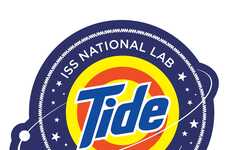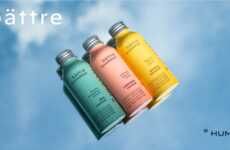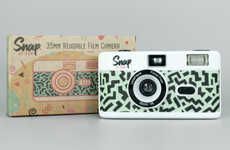
Kao Corporation is Sending a Waterless Beauty Product to the ISS in 2022
Laura McQuarrie — December 1, 2021 — Eco
References: kao & cosmeticsdesign-asia
Japanese personal care company Kao Corporation recently announced the launch of a new waterless shampoo sheet that will soon be headed to space. The product does not need to be used with water and thanks to its non-woven fabric, the cleansing formula helps to change consumers' relationship to water.
Alongside the 3D Space Shampoo Sheet, the company also introduced the 3D Space Laundry Sheet based on the same concept. Both waterless products were selected by the Japan Aerospace Exploration Agency to be used onboard the International Space Station in 2022.
It is anticipated that this groundbreaking beauty product will bring more exposure to waterless beauty products, which is the first step in getting people to rethink their habits in favor of adopting more mindful solutions.
Alongside the 3D Space Shampoo Sheet, the company also introduced the 3D Space Laundry Sheet based on the same concept. Both waterless products were selected by the Japan Aerospace Exploration Agency to be used onboard the International Space Station in 2022.
It is anticipated that this groundbreaking beauty product will bring more exposure to waterless beauty products, which is the first step in getting people to rethink their habits in favor of adopting more mindful solutions.
Trend Themes
1. Waterless Beauty Products - The trend towards waterless beauty products will continue to grow as consumers become more environmentally conscious.
2. Non-woven Fabric Innovation - The development of non-woven fabrics has disruptive potential for a variety of industries beyond personal care products, including automotive and healthcare.
3. Space-ready Products - The aerospace industry presents a new market for companies to create products that are specially designed to withstand the challenges of space travel.
Industry Implications
1. Personal Care - Companies in the personal care industry can experiment with non-traditional ingredients and sustainable packaging in their product development process.
2. Automotive - The use of non-woven fabrics in car interiors could provide more sustainable and durable alternatives to traditional materials such as leather and nylon.
3. Aerospace - Creating products specifically designed for space travel could lead to innovative solutions in industries such as food, medicine, and construction.
6.1
Score
Popularity
Activity
Freshness


